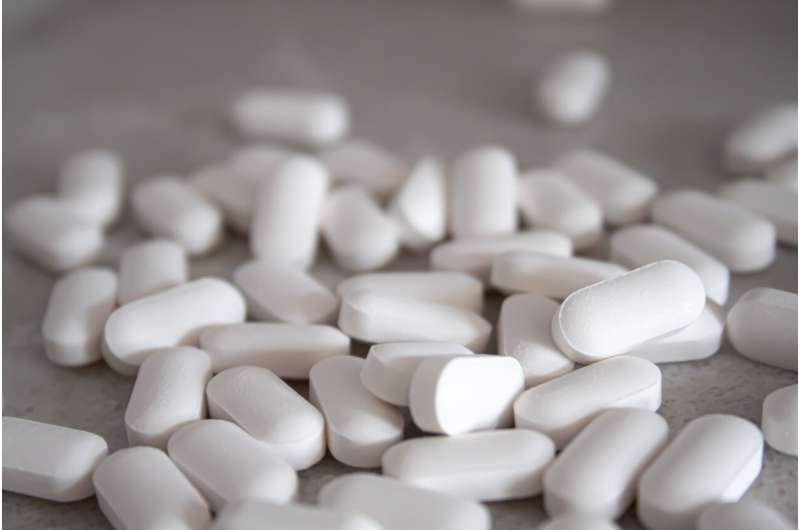GLP-1 Receptor Agonists Show Promise in Reducing Symptoms of Hidradenitis Suppurativa

Recent research shows that GLP-1 receptor agonists may significantly reduce symptoms and improve quality of life in patients with hidradenitis suppurativa, a challenging chronic skin condition. Learn more about this innovative approach.
A recent multicenter study conducted in France highlights the potential for glucagon-like peptide-1 (GLP-1) receptor agonists to improve outcomes in patients suffering from hidradenitis suppurativa (HS). This chronic skin condition manifests through painful lumps and lesions primarily in areas such as the armpits, groin, and buttocks. The underlying pathology involves inflammation that causes hair follicles to become blocked, leading to inflammation of adjacent sweat glands. Notably, a significant proportion of HS patients are overweight or obese, and dysfunctional adipose tissue contributes to the disease's severity by overproducing proinflammatory cytokines and adipokines while reducing anti-inflammatory adiponectin.
Weight loss strategies like diet and bariatric surgery often benefit HS, but achieving substantial improvements remains challenging. Interestingly, GLP-1 receptor agonists—originally developed to treat type 2 diabetes—are known for their weight loss efficacy and potential anti-inflammatory properties, prompting researchers to investigate their effects on HS.
In the study published in JAMA Dermatology, researchers performed a retrospective analysis involving 66 patients from 15 centers who were treated with GLP-1 receptor agonists. The median follow-up period was 18.5 months. Treatments included semaglutide, dulaglutide, and liraglutide. The participants were adults with confirmed HS, who had been on these medications for at least three months.
Results showed significant reductions in HS severity scores at six months and at the last follow-up. Specifically, over half of the patients experienced a reduction in HS symptoms, with 12% showing a notable 2-point or higher improvement on the Physician's Global Assessment scale at six months. By the end of the study, 62% of participants reported symptom improvements, including flare reduction in 67% and decreased pain in 60%. These improvements may result from weight loss, decreased systemic inflammation, and lowered levels of inflammatory cytokines. The medications might also promote skin healing by reducing enzymes involved in tissue breakdown.
Researchers suggest that GLP-1 receptor agonists could be a promising therapeutic option not only for HS patients with obesity but possibly even for those without obesity, due to their immunomodulatory effects. However, they emphasize the need for more rigorous randomized clinical trials to confirm these preliminary findings and establish the role of GLP-1 drugs in HS management.
This promising development offers hope for a new approach to treating HS, a condition that has been historically difficult to manage effectively. Source: https://medicalxpress.com/news/2025-08-glp-drugs-linked-symptoms-chronic.html
Stay Updated with Mia's Feed
Get the latest health & wellness insights delivered straight to your inbox.
Related Articles
Link Between Common Painkillers and Rising Antibiotic Resistance
New research reveals that common painkillers like ibuprofen and acetaminophen may contribute to antibiotic resistance, especially when used together with antibiotics. Learn how these medications impact bacterial resistance and public health.
Innovative Test Aims to Personalize Rheumatoid Arthritis Treatment with Predictive Biologics
A breakthrough machine learning approach promises to revolutionize rheumatoid arthritis treatment by accurately predicting the most effective biologic therapy for each patient, reducing trial-and-error and improving outcomes.



